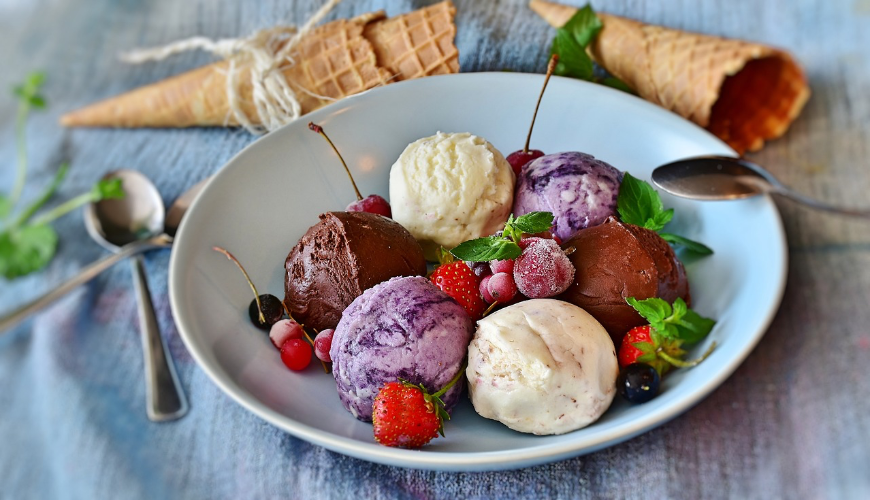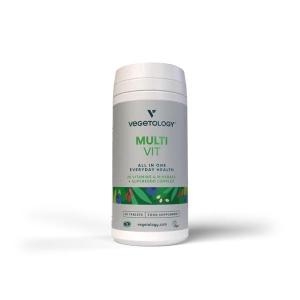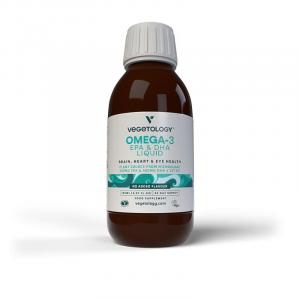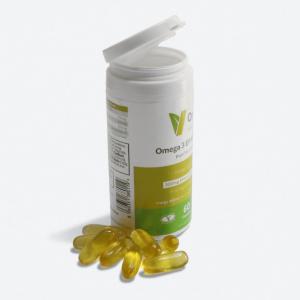
Discover what to eat after an evening workout for better recovery and sleep

What to Eat in the Evening After Exercise - Healthy Tips for Recovery and Peaceful Sleep
Dinner after an evening workout can be a bit of a challenge. On one hand, your body craves nutrients that aid in recovery and muscle repair. On the other hand, it's already evening, and many try to eat moderately to avoid overloading their digestion or disrupting their sleep. So, how do you find the right balance? What should you eat in the evening after exercise to give your body what it needs while allowing it to rest peacefully?
Choosing the right meal after an evening workout is more crucial than it might seem. If you don't supply your body with the necessary nutrients after physical exertion, not only will recovery slow down, but you might also experience unpleasant nighttime hunger or disrupt sleep quality. Similarly, it's not advisable to opt for a heavy meal in the evening, which burdens digestion and makes falling asleep difficult. Ideally, a post-exercise dinner should be balanced, easily digestible, and rich in proteins and complex carbohydrates.
Why is Food After Evening Exercise Key?
During physical activity, the body burns muscle glycogen stores and simultaneously experiences microscopic damage to muscle fibers. After a workout, the body needs enough energy and building materials to repair and strengthen the muscles. That's when dinner comes into play.
Hormonal balance also plays an essential role. An evening meal after exercise can help reduce levels of cortisol, the stress hormone, which is often elevated after intense physical exertion. At the same time, the right combination of carbohydrates and proteins can promote serotonin production, which then converts into melatonin – the sleep hormone. The right post-workout meal thus not only regenerates but also soothes.
A practical example is a runner who trains in the evening after work. If he only eats a small vegetable salad or skips the meal altogether thinking "it's too late," he might wake up hungry during the night, get up tired in the morning, and feel muscle fatigue the next day. However, if he chooses a light dinner – such as warm lentils with a boiled egg and leafy spinach – he provides the body with proteins and carbohydrates that support recovery and quality sleep.
What Should a Balanced Post-Workout Dinner Look Like?
The foundation is the right balance of proteins, complex carbohydrates, and healthy fats. Proteins help repair muscles, carbohydrates replenish energy, and fats (in smaller amounts) support vitamin absorption and hormonal balance. It's also ideal to supplement the meal with fiber-rich vegetables, vitamins, and minerals.
What Specifically to Eat in the Evening After Exercise?
The following foods and combinations work great as regenerating and easily digestible dinners:
- Legumes and whole grains – such as lentils, chickpeas, red beans, quinoa, or buckwheat. They are rich in proteins and complex carbohydrates.
- Eggs or tofu – a great source of quality proteins.
- Roasted vegetables – sweet potatoes, zucchini, broccoli, or pumpkin provide fiber and essential micronutrients.
- Low-fat dairy products – cottage cheese or Greek yogurt with some nuts and honey serve as a regenerating dessert.
- Tempeh or seitan – popular plant proteins that satisfy well without meat.
- Oatmeal with protein – ideal if you don't feel like savory dishes after a workout. Just cook them in water or plant milk and add some banana and a spoonful of nut butter.
For those with a smaller appetite after an evening workout, opting for more liquid options can be beneficial: a smoothie made of banana, plant protein, spinach, and almond milk is light, quick, and nutritious.
What to Avoid After Evening Training?
It's probably no surprise that fried and fatty meals aren't the best choice. Heavy meals burden the stomach, which can make falling asleep difficult and disrupt sleep quality. Similarly, foods high in simple sugars – like sweets, cakes, or sugary drinks – are not recommended. While they may provide short-term energy, they cause a rapid drop in blood sugar levels, leaving you feeling tired or irritable.
You should also avoid overly large portions. Less is more in the evening – especially if you go to bed within two hours after eating. The ideal post-exercise dinner is one that satisfies but doesn't cause a feeling of heaviness.
Myths About Evening Meals After Training
One of the most common misconceptions is that after a certain hour – for example, after 6:00 PM – you shouldn't eat. This myth is deeply rooted, but research and practice show that meal timing is less important than its composition. If you work out at 7:00 PM, it's perfectly fine to have dinner at eight or nine PM – as long as it's nutritious and easily digestible.
Another common misconception is that a protein shake alone is sufficient after evening workouts. While proteins are an essential part of recovery, protein alone is not enough. The body also needs carbohydrates and other micronutrients that contribute to replenishing energy stores and supporting sleep.
Post-Exercise Meals Based on Sport Type
What to eat after evening training may vary depending on the intensity and duration of the activity. For example, after lighter yoga or stretching, a larger meal isn't necessary – a small portion of proteins and vegetables suffices. In contrast, after strength training or running, a more substantial dinner that replenishes a greater amount of burned energy is suitable.
Strength training requires more proteins due to muscle recovery, while endurance sports emphasize replenishing glycogen using complex carbohydrates. The best strategy is to listen to your body – if you feel hungry after training, it's a signal that your body needs to replenish energy.
How Food Affects Nighttime Rest
Sleep quality is crucial for physical and mental recovery, especially if you exercise regularly. Some foods can naturally support the release of melatonin and serotonin, two key substances for healthy sleep.
When pondering what to have for dinner, try opting for foods that truly benefit your body and sleep. For instance, bananas – they are packed with potassium, magnesium, and tryptophan, which helps calm the mind. Oatmeal is also a great choice because it contains complex carbohydrates that aid tryptophan absorption.
If you're looking for something with more protein, try Greek yogurt or cottage cheese – they contain casein, a slowly digestible protein that supports nighttime recovery. And let's not forget chia seeds – these tiny grains contain omega-3 fatty acids and fiber, which also aid digestion.
Try our natural products
"Food is not only fuel for the body but also a key to mental balance," says nutrition specialist Pavla Šrámková in her interview for the magazine Zdraví. And evening meals after exercise are a great opportunity to support this balance.
It's now known that a well-chosen dinner after training can positively affect not only physical recovery but also sleep quality, mood, and enthusiasm for further activity. It's definitely not worth skipping dinner – on the contrary, it can become one of the most potent tools for a healthy lifestyle.





